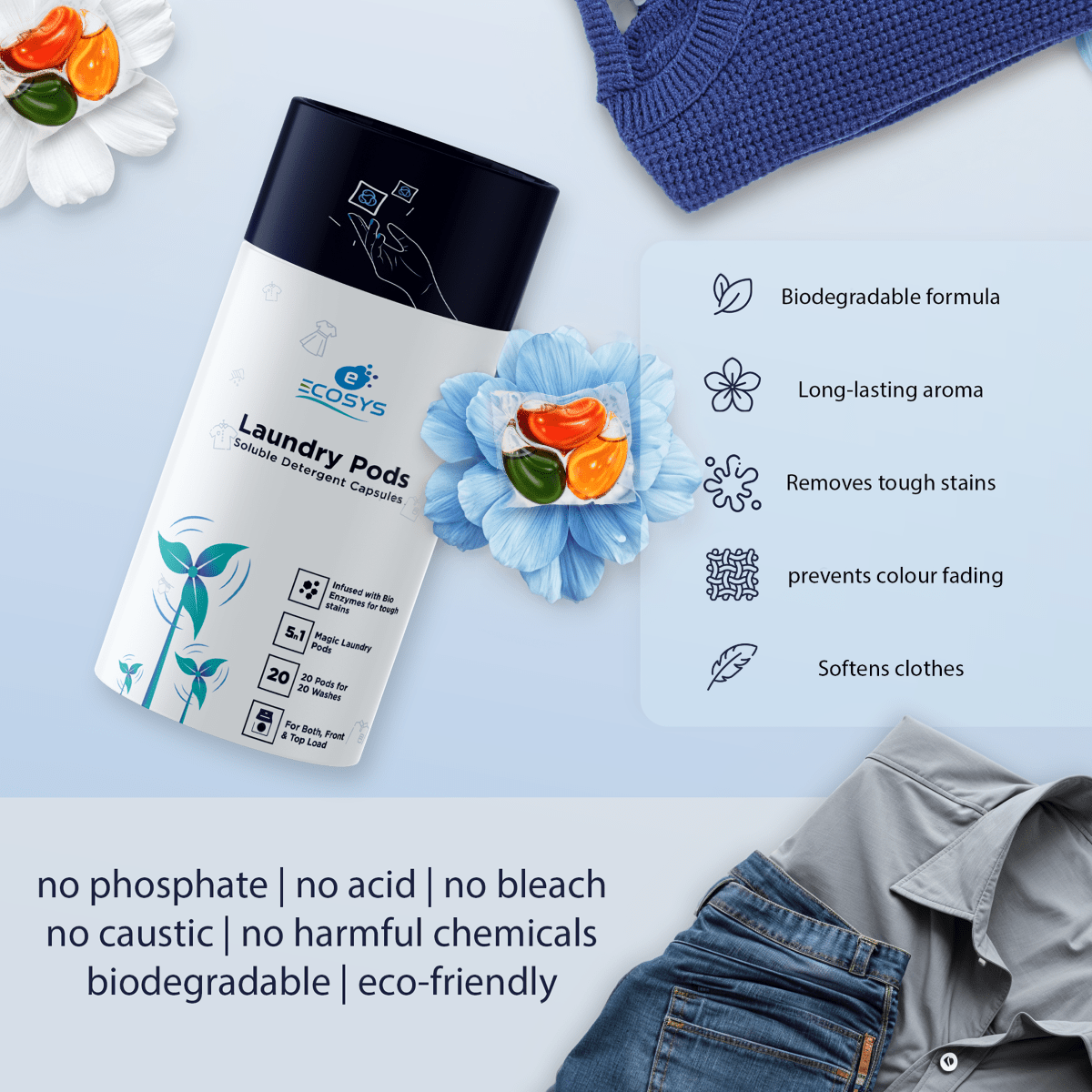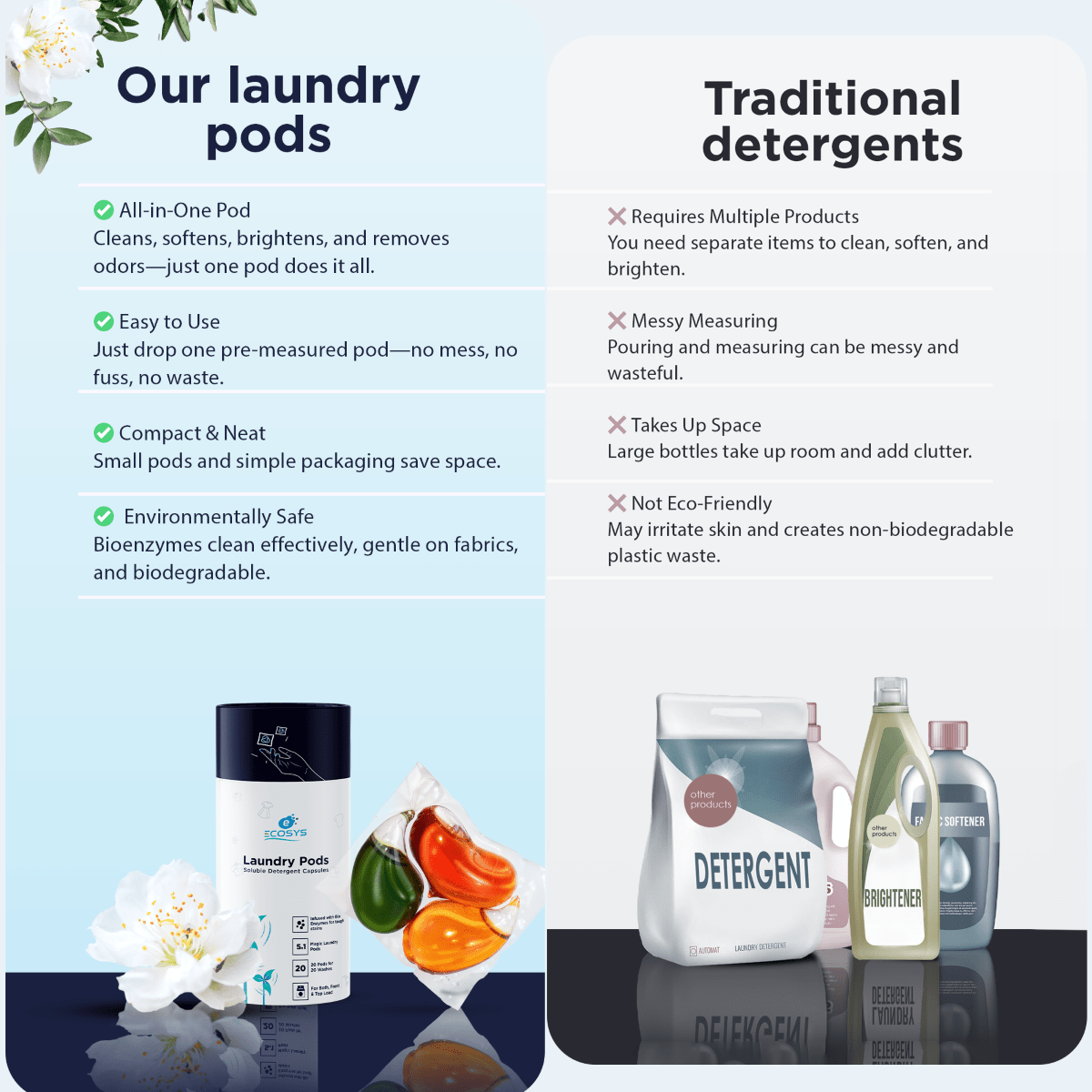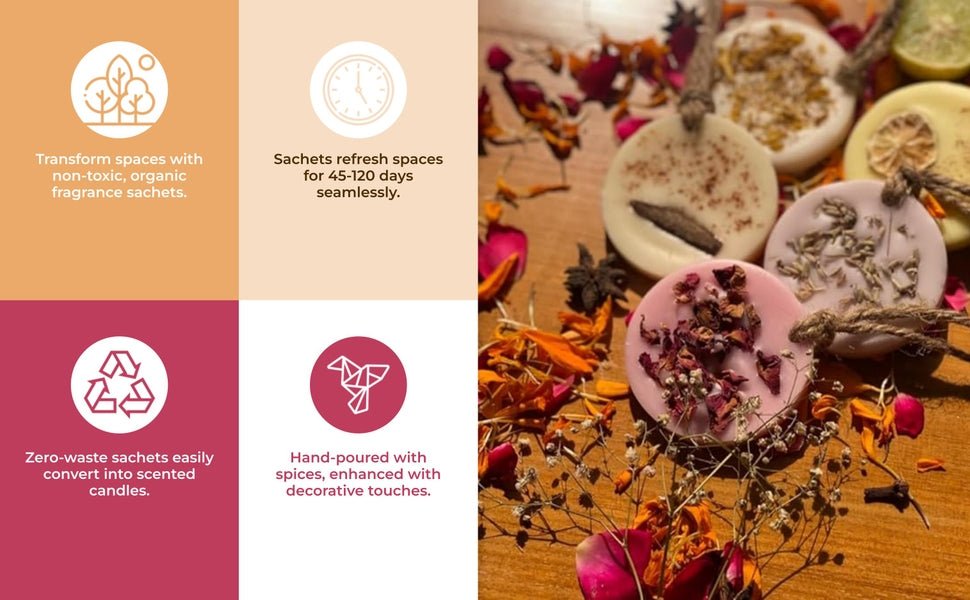Discover the collagen craze and its impact on the Amazon rainforest in our latest blog. Explore the pursuit of youth now!
The collagen industry has had a significant impact on the Amazon rainforest, with devastating consequences for both the environment and the indigenous people who call it home.
Collagen is a protein found in the connective tissues of animals, and is often used in the production of cosmetics, supplements, and medical products. The demand for collagen has skyrocketed in recent years, with the industry estimated to be worth billions of dollars.
To meet this demand, many companies have turned to the Amazon rainforest as a source of collagen. This has led to widespread deforestation, as vast swaths of forest are cleared to make way for cattle ranches and other industrial activities.
Deforestation not only destroys the habitat of countless plant and animal species but also contributes to climate change by releasing large amounts of carbon dioxide into the atmosphere. The Amazon rainforest is often referred to as the "lungs of the earth" because it plays a crucial role in absorbing carbon dioxide and producing oxygen.
The impact of deforestation on the indigenous people of the Amazon is also significant. Many of these communities rely on the forest for their livelihoods, and the destruction of their homes and resources has led to displacement, poverty, and even violence.
In addition to deforestation, the collagen industry has also contributed to the illegal wildlife trade in the Amazon. Many animals, including jaguars, tapirs, and monkeys, are killed and their collagen harvested for use in cosmetics and other products.
The Amazon rainforest is one of the most biodiverse regions in the world, with millions of species of plants, animals, and insects. The loss of this biodiversity has far-reaching consequences for the planet, including the potential loss of valuable medicines and other resources.
In conclusion, the collagen industry has had a devastating impact on the Amazon rainforest, with widespread deforestation, displacement of indigenous communities, and illegal wildlife trade. It is important for companies to take responsibility for the environmental and social impact of their activities, and for consumers to be mindful of the products they purchase and their impact on the world around us.
What can we do next:
It's inspiring to see that more people are recognizing the importance of sustainable and ethical skincare practices. Here are some additional points to consider:
- Sustainable and ethical skincare not only benefits the planet and its inhabitants; it can also benefit our skin. Plant-based collagen alternatives can be just as effective as animal-derived collagen while providing additional nutrients and antioxidants that can help keep skin healthy and vibrant.
- When choosing skincare products, it's important to look beyond the front label and do your research. Companies may use buzzwords like "natural" or "organic" without actually meeting sustainability or ethical standards. Look for certifications like the Forest Stewardship Council, which ensures that products come from responsibly managed forests.
- Supporting companies that prioritize sustainability and ethical practices can help drive change across entire industries. By choosing to purchase from these companies, you are sending a message that these values are important to you as a consumer.
- Remember that making sustainable choices isn't about perfection; it's about progress. Every small step you take towards a more sustainable lifestyle can add up to significant positive change over time. So let's continue to make conscious choices towards a better future for ourselves and our planet.
- It's also worth considering the carbon footprint of the products you use. Products that are shipped from overseas or require a lot of energy to produce and transport can have a significant impact on the environment. Look for locally sourced or produced products to reduce your carbon footprint.
- Lastly, remember that being sustainable and ethical doesn't have to be expensive. There are many DIY skincare recipes that use natural, affordable ingredients that you can find in your kitchen or local grocery store. By making your own products, you can reduce your impact on the environment and save money at the same time.
In addition to DIY skincare recipes, there are several other ways to incorporate sustainable and ethical practices into your beauty routine without breaking the bank. Here are a few ideas to consider:
- Look for brands that use eco-friendly packaging: Many beauty brands are now using recyclable or biodegradable packaging materials to reduce waste. Look for products that come in glass containers or recycled plastic.
- Opt for multi-purpose products: Instead of buying separate products for your face, body, and hair, look for multi-purpose products that can be used for multiple purposes. This can help reduce the number of products you need to buy and, therefore, reduce your overall consumption.
- Buy from local and small businesses: Shopping from local and small businesses can help support your community and reduce the carbon footprint associated with shipping products long distances.
Remember, every small step you take towards a more sustainable and ethical beauty routine can make a difference in the long run.











































Share:
Sustainable Period Underwear: Comfortable, Leak-Proof, and Environmentally Friendly
Why sustainable travel duffles are the perfect choice for eco-conscious travelers